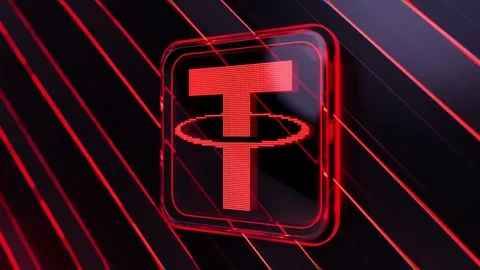Square Launches 0% Fee Bitcoin Payments Program
Square’s 0% fee Bitcoin payments program lets US merchants accept, convert, and hold Bitcoin within Square’s platform, marking a major step toward mainstream crypto adoption and increasing competition in digital payment infrastructure.
Square, a unit of Jack Dorsey’s Block Inc., announced Wednesday the launch of Square Bitcoin, a payments and wallet platform that allows more than four million US merchants to accept and manage Bitcoin directly inside their existing Square systems.
The move puts Block at the center of a growing convergence between traditional payments and digital assets. The company is extending its Bitcoin strategy beyond retail investing toward everyday business use.
Bitcoin Commerce Goes Mainstream
Square Bitcoin integrates payments, conversions, and custody into a single interface. Merchants can accept Bitcoin at checkout, automatically convert up to 50 percent of daily sales into Bitcoin, and manage their holdings within the Square Dashboard.
The new product will start processing transactions on November 10, 2025, with zero fees for the first year, incentivizing sellers to experiment without cost barriers.
The launch aims to make digital currency acceptance as straightforward as existing card systems. Miles Suter, Head of Bitcoin Product at Block, said the rollout marks a turning point for merchants adopting digital currency.
“Bitcoin is no longer a niche investment—it’s becoming a daily settlement tool. Our goal is to make Bitcoin transactions as seamless and accessible as card payments.”
The rollout follows pilot tests from 2024, during which participating sellers accumulated 142 BTC through automatic conversions. Square said the program will expand nationwide, except in New York, due to regulatory restrictions.
Industry analysts see the integration as a potential catalyst for wider Bitcoin adoption. Market tracker eMarketer expects US crypto-payment users to increase 82 percent between 2024 and 2026, driven by merchant tools that simplify conversion and compliance.
Ripple Effects Across the Crypto Industry
Square’s entry intensifies competition in crypto payments. PayPal already processes stablecoin transactions through PYUSD, while Stripe and Visa are experimenting with on-chain settlement. By offering native Bitcoin support and instant fiat conversion, Square could push peers to expand beyond stablecoins and embrace decentralized rails.
The launch also reinforces Bitcoin’s position as the primary settlement asset in digital commerce. Analysts say merchant demand for reliable, censorship-resistant payment channels may accelerate Bitcoin’s network usage and Lightning Network adoption.
The timing could be transformative for crypto infrastructure providers. Increased transaction volume from Square’s merchant base may spur liquidity growth across Lightning nodes and boost integration demand for compliance and analytics platforms.
Regulators are watching closely. The Consumer Financial Protection Bureau (CFPB) and the Financial Crimes Enforcement Network (FinCEN) have highlighted Bitcoin payments as an emerging area for oversight. Square said it will maintain full AML and KYC compliance within its ecosystem.
Block (XYZ) shares closed 2.64% higher on the day at $81.11. Despite the rebound, the stock remains down 4.5% year to date. Block shares had surged past $90 early this year before tumbling to around $46 in early May, and have since been climbing steadily.
Disclaimer: The content of this article solely reflects the author's opinion and does not represent the platform in any capacity. This article is not intended to serve as a reference for making investment decisions.
You may also like
The Next Chapter of Tether
Can Tether evolve from an offshore issuer into a multi-chain, compliant infrastructure provider without compromising its core advantages in liquidity and distribution?

Money, Control, and Decentralization
What tech giants are after is not revenue, but control over models, narratives, and ideas.

Cathie Wood Interview: Why Focus on BTC, ETH, SOL, and HYPE
Dive into Pi Network’s Latest Protocol 23 Tests for Improved Efficiency
In Brief Pi Network intensively tests Protocol 23, aiming for improved efficiency and scalability. Tests focus on minimizing errors and include decentralized exchange and AMM features. Pi Coin experiences volatility, with potential value loss without supportive measures.

